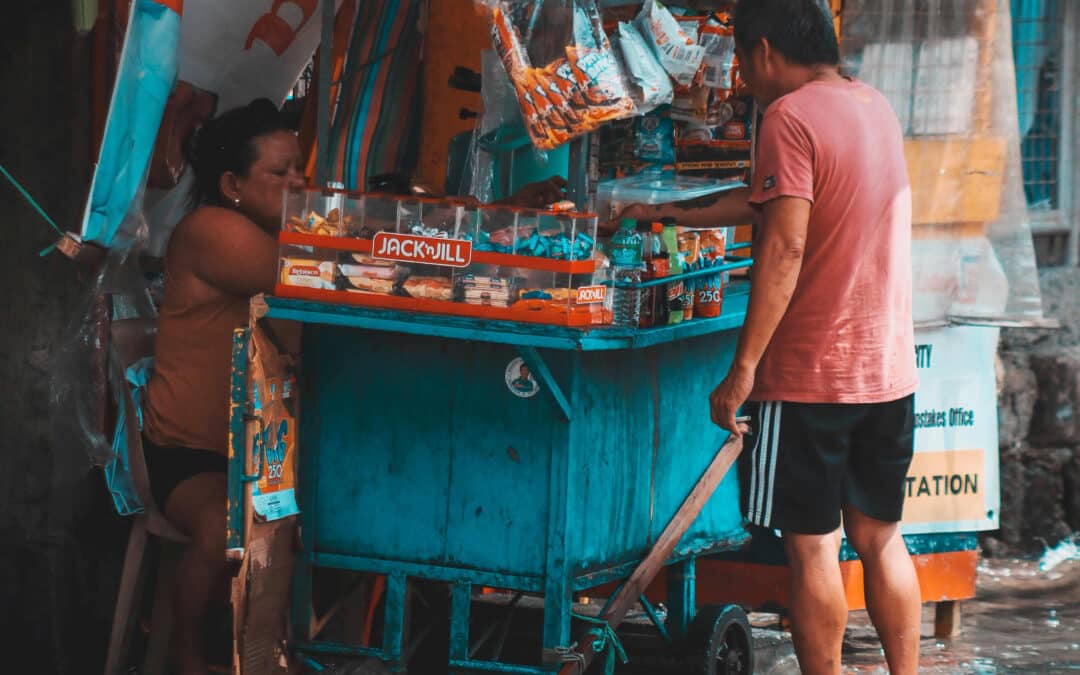
Across the archipelago, rivers swell, mountainsides collapse, and communities are submerged in floodwaters that seem to come faster and stronger with every storm. From Luzon to Mindanao, the cries of families losing homes, livelihoods, and even loved ones are growing louder. Yet, behind these tragedies lies not only the wrath of nature, but the failures of human action — and inaction.
Flooding in the Philippines is no longer just a seasonal inconvenience. It is a national emergency. It is the bitter fruit of reckless logging, unplanned urban expansion, poorly executed infrastructure projects, and the persistent neglect of environmental laws. Every bag of garbage thrown into rivers, every tree felled without regard for its role in protecting watersheds, every shortcut in government planning — these choices add up. And now, they are drowning us.
But here is the truth: Filipinos are not powerless.
We can question. We can demand. We can hold leaders accountable. We can transform the way we live and the way we govern our shared land. Floodwaters may rise, but so too can the Filipino spirit.
The Challenge Before Us
The real challenge is not whether the rains will come — they will. The challenge is whether we as a people will open our eyes to the root causes and take bold steps toward solutions. We must think critically:
- Why do so many subdivisions rise on what used to be forests and rice fields?
- Who profits when mountains are stripped bare for mining and timber?
- Why are drainage systems built, yet floodwaters still find no way out?
- Where is the accountability from those in power?
These are not just environmental questions; they are questions of justice, survival, and national dignity.
The Hope That Guides Us
Hope lies in action — in every Filipino who chooses to care, who chooses to fight for the land that sustains us. Around the country, communities are planting mangroves, reviving watersheds, innovating with climate-resilient farming, and standing up against destructive projects. These are seeds of resilience that we must nurture and multiply.
Call to Action: From Awareness to Empowerment
Flooding is not just a disaster; it is a wake-up call. And so, I urge you:
- Think critically. Do not be swayed by quick-fix explanations. Ask the harder questions about governance, greed, and neglect.
- Demand accountability. Local and national leaders must be pressed to protect our environment and enforce the laws they swore to uphold.
- Act where you are. Join community efforts to reforest, clean waterways, and practice sustainable living. Small acts, multiplied, become powerful.
- Raise your voice. Share the truth. Challenge the narratives that keep us complacent. A nation that questions is a nation that changes.
Floods may wash away our homes, but they cannot wash away our will — unless we allow them to. We are a people forged by storms. Now is the time to prove that we are also a people capable of building a future where floods no longer define our fate.
The waters are rising. The question is: will we rise higher?
Please read his full article: TCM5 Excessive flooding MMla … Philippines and what can be done
#TigilBahaNgayon #RiseAboveFloods #StopFloodingPH #ActNowPH #ClimateJusticePH #FilipinosRiseTogether #HopeBeyondFloods #BayanihanForTheFuture #ResilientPH #SolutionsNotExcuses #NoMoreExcusesPH #HoldLeadersAccountable #TruthBehindTheFloods #StopReclamationNow #ProtectOurMountains

